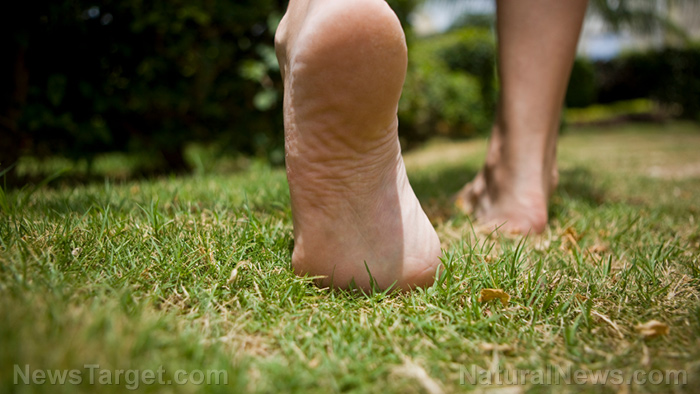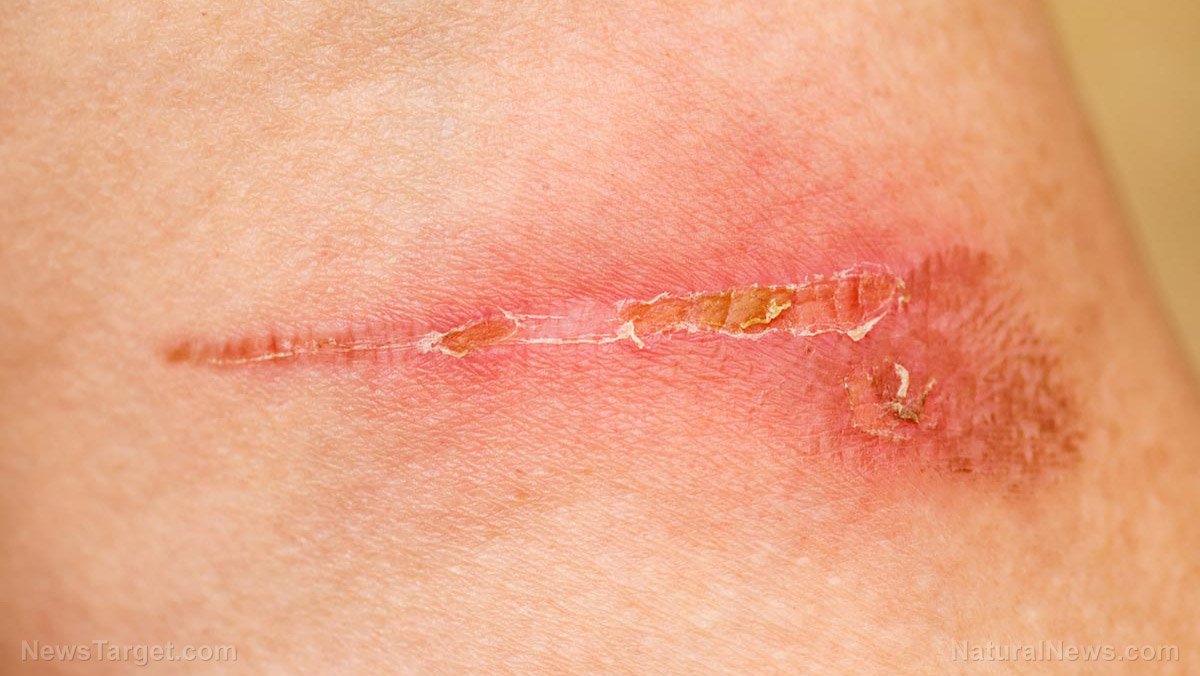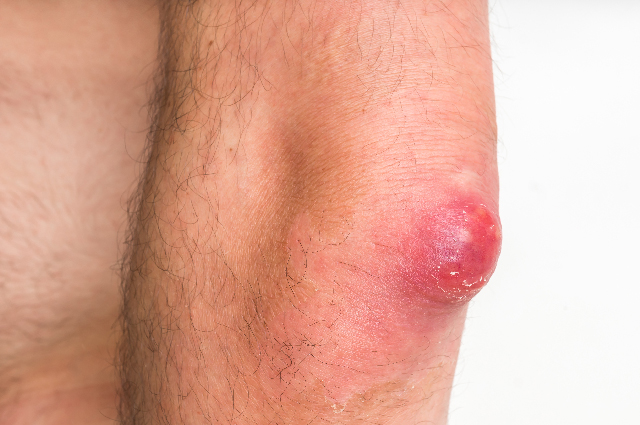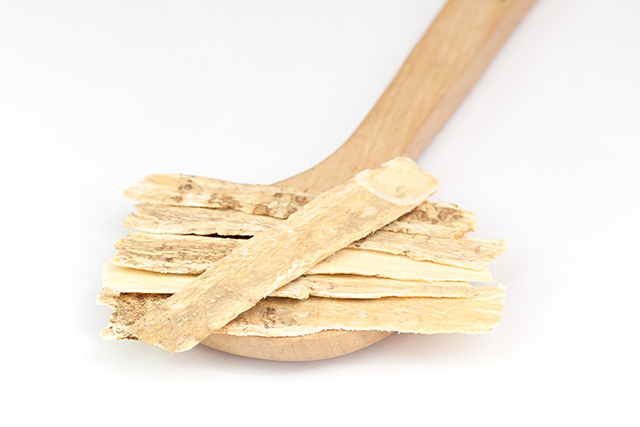Why its actually healthier to walk barefoot
08/01/2018 / By Rhonda Johansson

Take it off — and we mean your shoes. Several studies show that walking barefoot is actually healthier. It does sound strange — and most people would shy away from the very thought — but “earthing” (walking barefoot) can increase antioxidant levels, reduce inflammation, promote sleep, and improve posture. Earthing is defined as walking barefoot on grass, soil, sand, or any natural surface. Studies prove that there is a distinct chemical reaction that occurs when our bodies are in direct contact with nature.
One study concludes that earthing changes the electrical activity in the brain. People who regularly walk barefoot on natural ground have better heart rates, improved glucose regulation, reduced stress, and a boosted immunity. Another study, in The Journal of Alternative and Complementary Medicine claims that earthing can even increase the surface charge of red blood cells. This means that cells do not clump, decreasing blood viscosity. Heart disease is linked to high viscosity, which is why blood-thinning aspirin is taken to improve heart health. There are also studies that link earthing with improved endocrine and nervous systems. These benefits are attributed to the vast network of nerves located in the feet. Integrative medicine emphasizes the importance of foot health for overall well-being.
The external factor of improper shoes
Wearing the wrong shoes can negatively impact your health. Recall human evolution and recognize that our legs and feet changed to give us the best mode of transport. Our feet were made so that we could walk properly and comfortably for great distances. Evolution did not take into account our shoes. Many shoes are made for cosmetic or aesthetic appeal rather than support. Our toes are meant to spread for balance, but too often, they are squeezed into ill-fitting containers. The result? Fashionable feet but an awkward and imbalanced stride.
Don’t take this the wrong way. Shoes are needed to protect feet from dirt and harm. However, merely choosing a pair because they are “pretty” or “in-style” could lead to a host of preventable conditions.
Support is needed to prevent muscle strain and twisted or sprained ankles. However, many shoes don’t provide this necessary support, leading to improper muscle development. Paradoxically, buying shoes for support can actually lead to muscles not learning how to support themselves.
Likewise, most shoes force us to change our walking style. Studies show that most of us step heel first, and then rolling onto the ball of the foot. This is not how we were meant to walk, and consequently, we become more prone to injury.
Biomechanics — the science of the motion of your legs and feet and the angle they hit the floor — concludes that shoes prevent the feet from developing properly. Because feet are constantly isolated inside a shoe, they do not “learn” how to grip or adapt to various surfaces. The muscles for this eventually become obsolete. Moreover, the weird gait we develop from wearing shoes develops the wrong muscles, which can lead to imbalances, causing knee pain or backache.
Earthing develops the foot muscles to adapt to the shape of the ground. In essence, your feet become stronger and better suited for their intended purpose. This means you’ll have better balance. There is also evidence that suggests that walking barefoot — as seen in many tribes — allows us to run longer distances more efficiently and maintain a healthy weight.
The internal factor of connectedness
Another aspect to consider is that earthing feels good. Similar to gardening, earthing can reduce stress levels and give a general feeling of contentment. Those who regularly walk barefoot on natural surfaces are more likely to practice healthier lifestyle habits such as meditation. There are studies that suggest consistently walking barefoot improves mental health.
Sources include:
Tagged Under: disease prevention, earthing, foot health, integrative medicine, mental health, simple living, walking barefoot




















